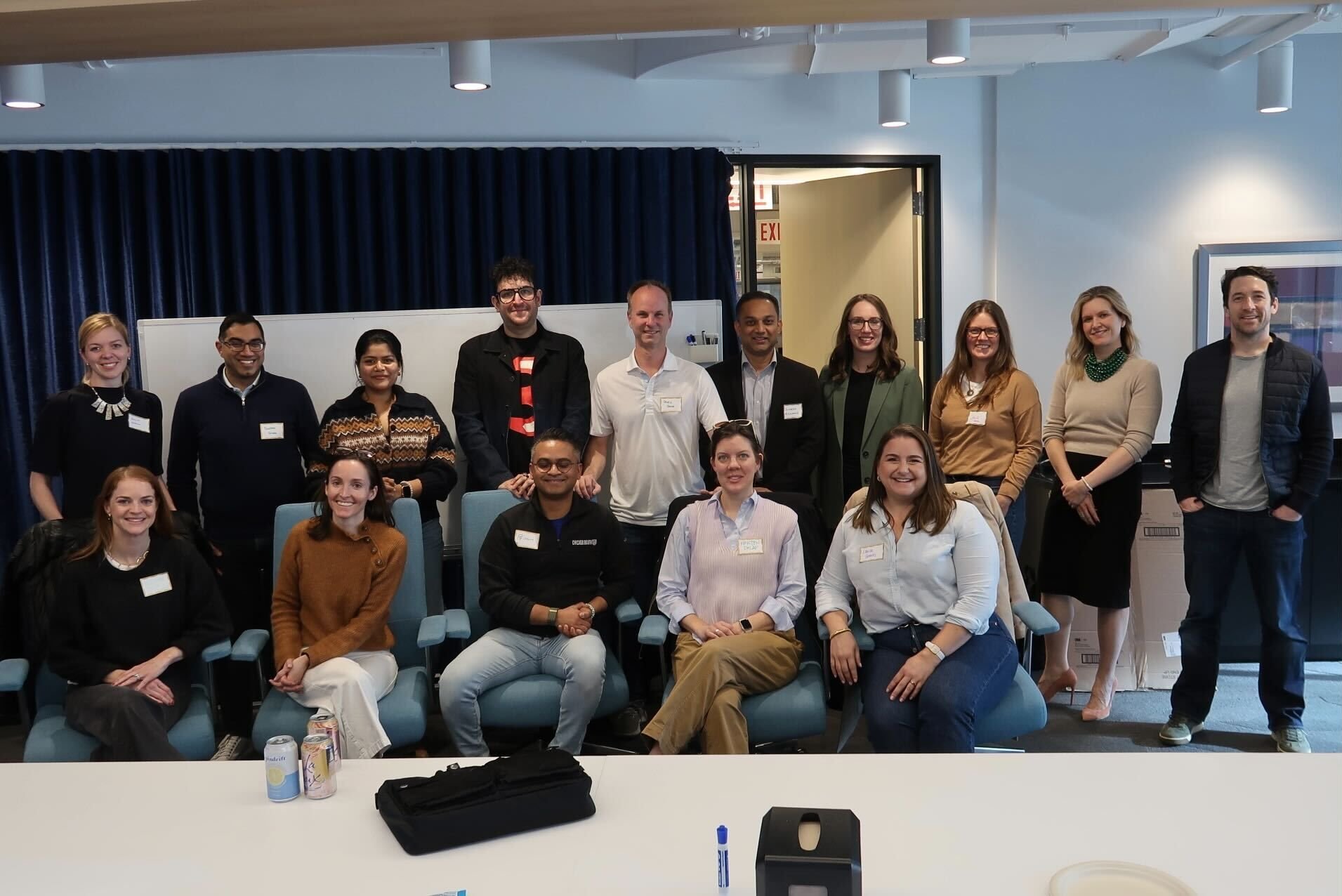Impact First Product Teams by Matt LeMay shows you the keys to impact right on the cover:
Define Success.
Do Work That Matters.
Be Indispensable.
Matt’s entire thesis is how it doesn’t matter how well you are “doing product” - you need to be consistently showing business impact for your team to feel stable and valued in your organization. He states, “Simply put, choosing to be an impact first product team means recognizing that our responsibility is ultimately to contribute towards a successful business.” Most organizations are set up to perpetuate low-impact work, but we can break the cycle at the place where the work is getting done - in the product team.
While this can be seen as a bit more of a philosophy book in that it is about changing a mind-set, he provides clear action items on how to move toward thinking about impact first, aligning to company goals, how to estimate potential impact when prioritizing work, and how to work towards cross-team collaboration.
Some key takeaways that would be good to discuss as a product team:
One of the most powerful questions comes from Chapter 1: “If you were in charge of the company, would you fully fund this team?”
Has our team adopted ways of working from another company, like the Spotify model for example, or have we purpose-built our own ways of working that help us achieve our own goals in our own specific context?
What does success mean to our particular business? Thinking about viability in terms of does this create impact for our business model, how do we define viability for our product? How can we keep our team goal as close as possible (one mathematical step or one “why” statement) to our company goals?
What is the most impact we could reasonably expect from the work we have in progress? Is that enough impact for us to continue the work? If we aren’t sure, are there signals we can look for or faster experiments we can run to better understand if we are going to be successful?
How can we better frame up urgent requests from our stakeholders as a jumping off point to understand what might be complex or changing circumstances? How can we structure the discussion to learn about shared goals and create alignment?
Matt provides resources for product teams, which also make for good discussion materials. One of the best ways to begin the journey to being an impact-first product team is simply to begin having these conversations.
I was fortunate enough to meet Matt at an executive roundtable for product leaders last month here in Chicago, and then won a copy of his book for an up-voted question I posed. In the passing weeks, I’ve much dog-eared the text as I think through and discuss these topics with other product folks. The book is a quick read, but could have very lasting consequences for product teams within any organization. Highly recommend.

